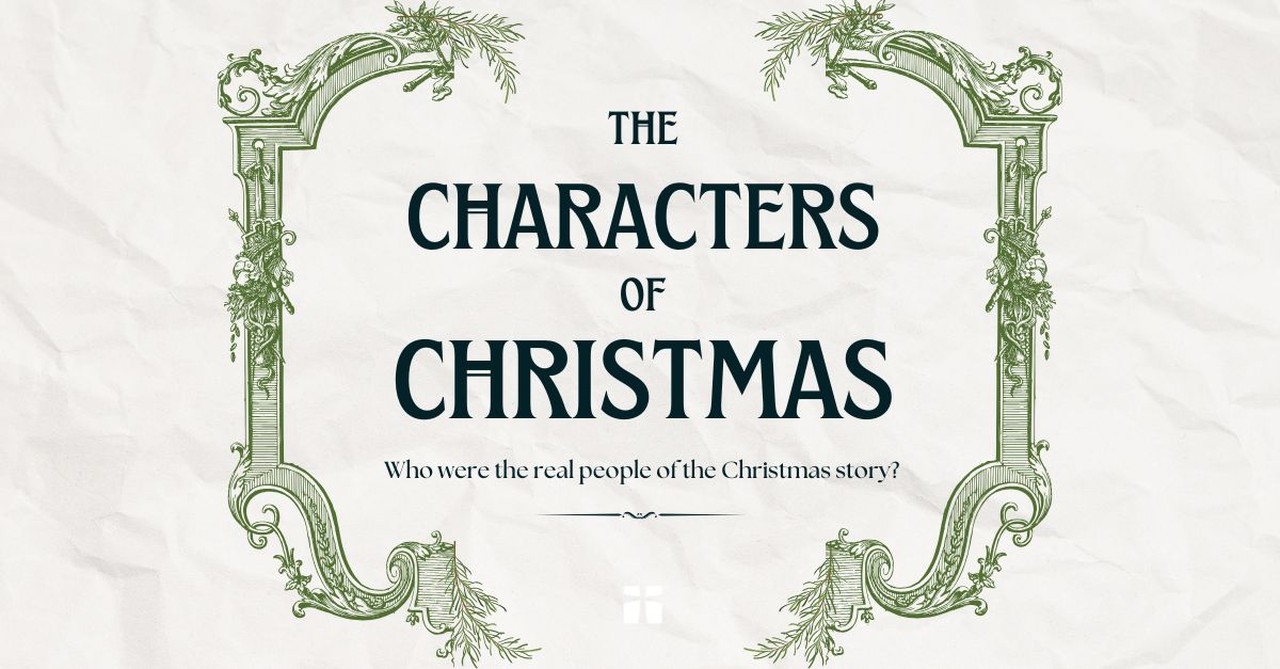Mark 7:5-13
5 The Pharisees and the scribes asked him, “Why don’t your disciples walk according to the tradition of the elders, but eat their bread with unwashed hands?” 6 He answered them, “Well did Isaiah prophesy of you hypocrites, as it is written,
‘This people honors me with their lips,
but their heart is far from me.
7 But in vain do they worship me,
teaching as doctrines the commandments of men.’ [1] 8 “For you set aside the commandment of God, and hold tightly to the tradition of men—the washing of pitchers and cups, and you do many other such things.” 9 He said to them, “Full well do you reject the commandment of God, that you may keep your tradition. 10 For Moses said, ‘Honor your father and your mother;’ [2] and, ‘He who speaks evil of father or mother, let him be put to death.’ [3] 11 But you say, ‘If a man tells his father or his mother, “Whatever profit you might have received from me is Corban [4], that is to say, given to God;”’ 12 then you no longer allow him to do anything for his father or his mother, 13 making void the word of God by your tradition, which you have handed down. You do many things like this.”



.jpg)
Matthew Henry's Commentary on Mark 7:5-13
Commentary on Mark 7:1-13
(Read Mark 7:1-13)
One great design of Christ's coming was, to set aside the ceremonial law; and to make way for this, he rejects the ceremonies men added to the law of God's making. Those clean hands and that pure heart which Christ bestows on his disciples, and requires of them, are very different from the outward and superstitious forms of Pharisees of every age. Jesus reproves them for rejecting the commandment of God. It is clear that it is the duty of children, if their parents are poor, to relieve them as far as they are able; and if children deserve to die that curse their parents, much more those that starve them. But if a man conformed to the traditions of the Pharisees, they found a device to free him from the claim of this duty.